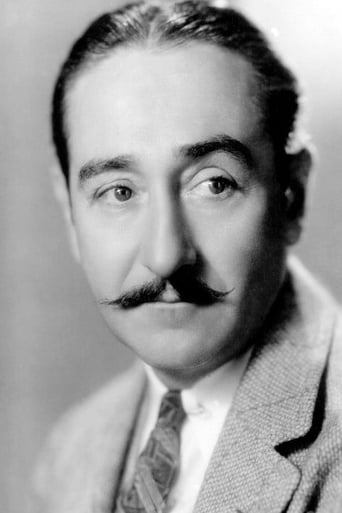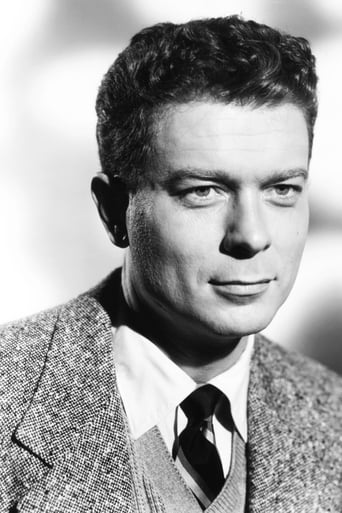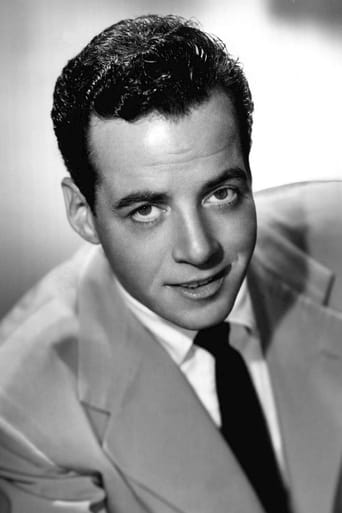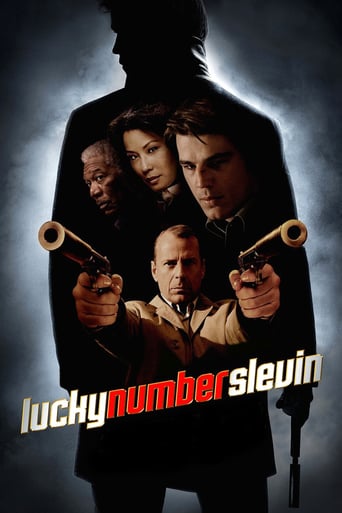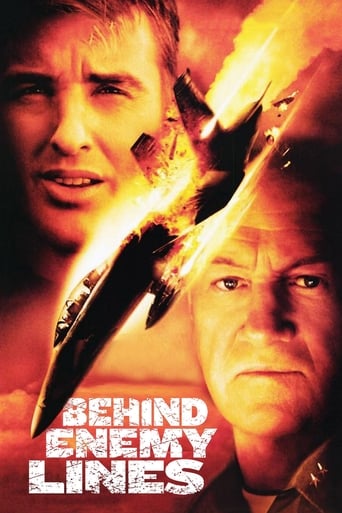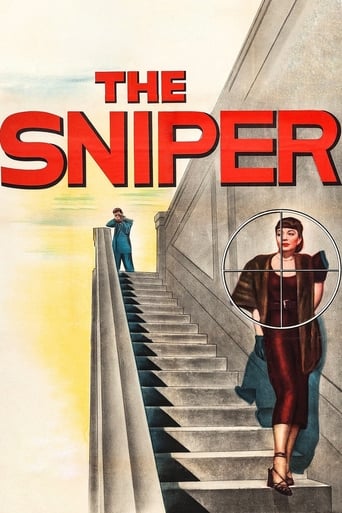
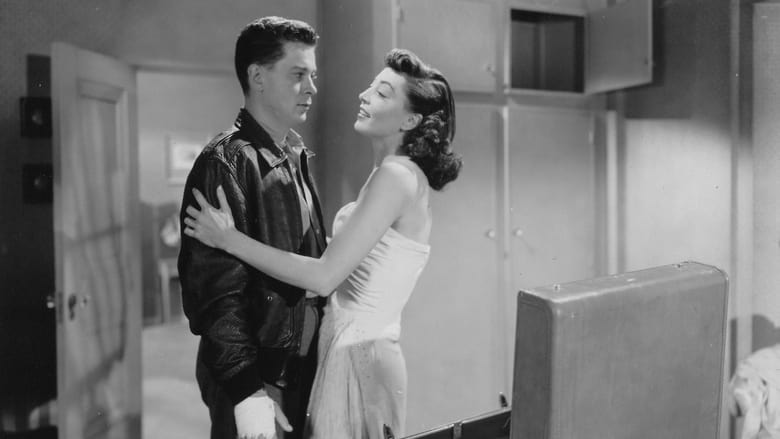
The Sniper (1952)
Eddie Miller struggles with his hatred of women, he's especially bothered by seeing women with their lovers. He starts a killing spree as a sniper by shooting women from far distances. In an attempt to get caught, he writes an anonymous letter to the police begging them to stop him.
Watch Trailer
Cast
Similar titles
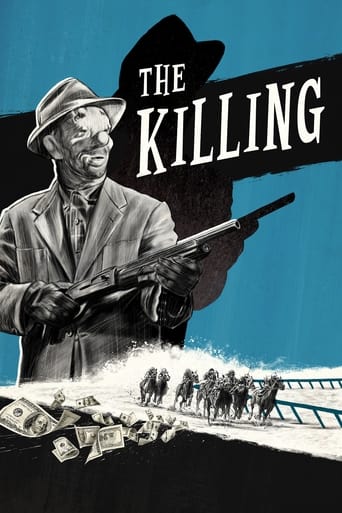
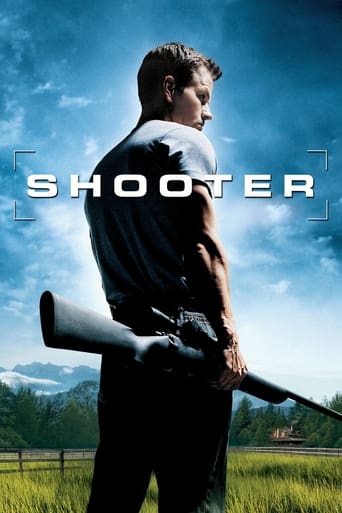
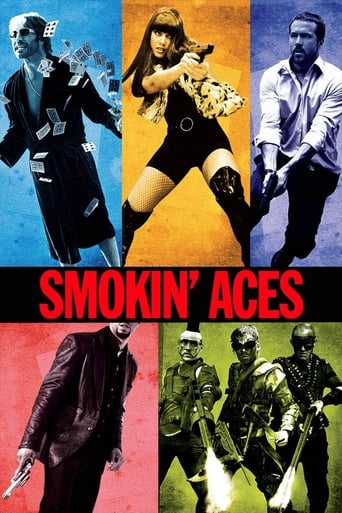
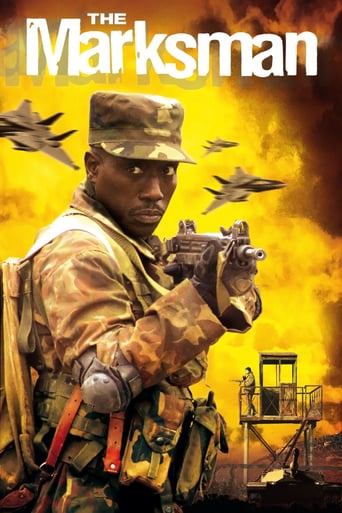
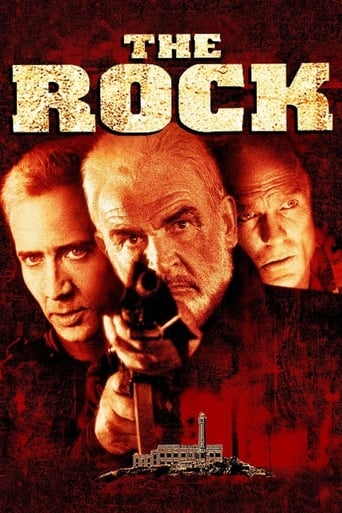
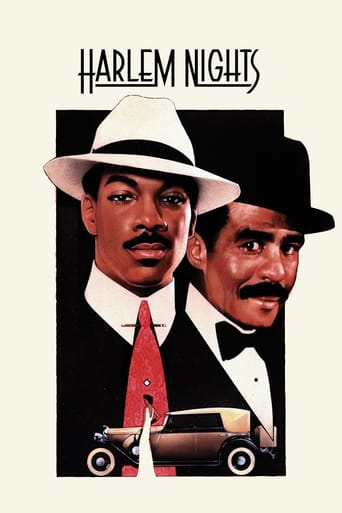
Reviews
Admirable film.
A Masterpiece!
In truth, there is barely enough story here to make a film.
The movie turns out to be a little better than the average. Starting from a romantic formula often seen in the cinema, it ends in the most predictable (and somewhat bland) way.
There is a remarkable scene toward the middle of 'The Sniper': when it's clear to the police they've a serial killer of women on their hands, a dragnet hauls in every known sex-crime perp in town. Line-up after line-up is brought in, each fidgety gonif is subjected to a barrage of sarcastic and genuinely funny stand-up comedy from the head cop re their respective proclivities: rapist, peeping tom, child-toucher, etc., a smoke-filled audience of police and reporters guffawing throughout. The film's p.o.v., when it's good, is that of the compulsive criminal maniac -- the film makes a case that public ridicule poses an exacerbation to their madness, and this scene serves well to demonstrate how making them pariahs creates obstacles to crime prevention.Nice surprise at this scene's conclusion to see a very young Richard Kiley as the forensic psychiatrist. He is tasked with delivering exposition regarding psychological theory behind profiling the serial killer -- a bit of a thankless job for an actor, but Kiley gives it dignity and gravitas, and an active intelligence.Frank Faylen as the crusty chief of detectives defines hard-boiled -- the kind of guy who starts his day hopeless and angry and goes downhill from there. He's a master of humorous despair. (I wonder if this role got him cast a few years later as Dobie Gillis's irascible Dad?) At the core of the film is the Edward Dmytryk/Arthur Franz collaboration in creating the title character -- it's a wonder to see. Franz is a skilled and subtle technician -- much of the film is ostensibly his character reacting silently to a world he experiences as hostility and pain. Dmytryk stages the killer's subjective perception realistically, but the add-up informs us we are looking through a damaged lens: to the killer, every interaction is a slight or humiliation, every woman is a bullying harpy -- even little girls, and every mother is cruel to her children. Every look is a dirty look. The heartbreak is that Franz, as the monster, maintains a childlike expectation of approval; his constant disappointment in this regard feeds his rage. The killer's wandering through his tortured wallflower life contrasted with the cops and the shrinks and the public at a loss to identify him makes for a terrifying symmetry. That the film is mostly shot on location in San Francisco gives it a gritty urgency.Added plus: George Antheil's beautiful original music. Antheil was a young avant-garde composer in 1920s Paris, famous for his revolutionary and disturbing 'Ballet Mécanique', utilizing airplane propellers and ambulance sirens, etc. It did my heart good to discover Antheil picked up solid Hollywood paychecks from the '30s to the '50s . . .***Fun factoid: The director of 'Sniper' was blacklisted 'Hollywood Ten' lefty Edward Dmytryk. He cast crusty old Adolphe Menjou as a chief cop in the film. Menjou was a staunch right wing Republican. When asked how he could appear in a film directed by a communist, old Adolph replied tersely: 'I am a whore.' Allegedly. :D
The heart of this well-mannered crime film is an outwardly normal young man who is, alas, as a preamble describes, "an enemy of womankind." On some inexplicable basis, he has a fuming bitterness against women that he dispatches, in cyclic phases, by shooting dames he spots from windows and rooftops as they walk the streets. Of course, this is alarming to the local public, and much civil distress is conveyed for the assassin to be caught. This is the incentive for greater pressure in the pursuit by the police and also for some reductive information on the issue of the sex offender.Stanley Kramer might have benefited from knowing his bounds. As a director, he had a masterful formality that left indelible images and ethical questions in our hearts. As a producer, he invariably fails to take both feet out of the director's tub and unfortunately straddles his job of protecting the director's vision with his insistence upon his own. Edward Dmytryk's direction stands astride the studio standard of storytelling and the immediacy of low-budget location shooting, and he intersperses the violence with lucid bangs of vicious power without showing one bead of blood. Regrettably however, the film is utterly scared that its ideas and points will go overlooked. Dmytryk, or should I say Kramer, batters them in, scene after scene.I can almost understand Kramer's transparent imposition upon John Cassavetes' A Child is Waiting or Hubert Cornfeld's Pressure Point, because they were films born out of his own strong conscience regarding patent social issues. The Sniper is, granted, a film about a disturbed character, likely tormented by a past of being misunderstood, rejected, outcast, but a level-headed gaze at this character through Dmytryk's voyeuristic passages need no further elevation. A grave lecture to society for not doing enough to imprison and rehabilitate the budding sex criminal is dutifully articulated in this visually innovative B film. But the sermon is neatly bookish and theoretical. It feels like just a noble pretext for trying a somewhat altered slant on a straightforward manhunt story.Kramer may stultify the impact of this drama, but Dmytryk gets his main guy Arthur Franz through desperate, haywire emotional transitions crisply, even if it's more through the director's venerated editing approach than any naturalism on the part of Franz. All I know is that I remember quite a few of his wordless scenes more vividly than those where Adolphe Menjou and a room full of suits are moralizing and lecturing one another.
Like The Man With The Golden Arm (1955) The Sniper is ahead of its time, and in many respects is defiant of the Hays Code (1930 - 1968). While the former mentioned film deals with intravenous heroin addiction the latter deals with the misogyny of a sexual predator who has psychological issues about women. His urges overlap into necrophilia when as the film suggests, his sexual gratification is gained via murdering women. Althgough The Sniper's Eddie Miller played adeptly by Arthur Franz has shades of Robert Di Niro's character Travis Bickle in Taxi Driver (1976) he plays the psychotic role with more emotion. As such he bursts asunder any notion of the stereotypical psychopath devoid of emotion and makes him a deeply complex character whose mental condition and its causes becomes the centre of a psychiatric guessing game for professional psychiatrists. In this film, the psychiatrist's lofty abstract views on the psychopath's mental condition play at odds with ideas of common sense policing. In the end the psychiatrist's lofty views illustrates that common sense can become staid and inappropriate as seen in The Sniper. In this respect the psychiatrist endeavours on a narcissistic personal quest to usurp police powers and to that end undermine their competency while allowing the viewer to question theories of common sense.Among all this are the politicians who are concerned about what damage The Sniper on the loose will do to their political reputation. They want him caught to save their political reputations and positions, as opposed to saving women from Miller's sniping. This theme was extrapolated for the film Jaws (1975), where politicians put their reputation before the welfare of the people. Negative representation of the film star is also at stake here which Auther Franz bravely challenges by tackling the role of the psychotic misogynist Eddie Miller. Miller is a misogynist who starts off killing a woman who is a sub-conscious stereotype within his own head, i'e. brunette, confident, and sexually aware of herself. His murderous spree progresses towards the urban conservative woman; a homemaker, philanthropist and archetypal pillar of the community. The latter naively gives out her home address live on television thereby illustrating how innocent the average person was during the '50s era.Due to San Fransisco's world famous progressive liberal attitudes, the city seems an apt location to deal with the sexual issues of the film's subject matter. Moreover, it permits open debate on the issues The Sniper raises. Conversly, the city of San Francisco is here stained by a psychotic killer with a hatred of women and thereby gives it a negative image. Moreover liberalism by its association with San Fransico's misogynist psychopath; The Sniper, is blemished by controversial subject matter in this film.Liberal attitudes which bestow authority on women as illustrated in Miller's boss at the dry cleaning firm give way to an interesting subtext. It suggests that women who are given authority are malicious. In many respects Eddie's manager becomes the female gender counterpart of the misogynist. This is illustrated in the treatment she gives out to her male subordinates. In this respect Eddie's superior is a representation of the changing role of women which becomes a threat to masculinity. And though Eddie does not endeavour to murder his superior there is a possibility that he sees her within other women who become his victims. Moreover, Eddie is less likely to murder his superior with such a close working relationship that could quite easily lead to him being caught, which contradicts his anonymous pleas for to be arrested. Another fascinating aspect of The Sniper is when it asks the viewer to deal with the issue of who should be saved; the steeplejack on the chimney stack or the women for whom he risks his life for with his caveat blaring alert. On a deeper level this is asking the viewer to decide whether they have the same tendencies as The Sniper, i'e. save the somewhat annoying steeplejack whose foghorn voice disturbs the psychotic slayer, or murder the women who are threatening to the latter and his actions? While the acting, directing and cinematography (the latter makes San Francisco easily recognisable)are well accomplished in this film it is its screenplay writers Edna Anhalt and Edward Anhalt who deserve extra credit for daring to raise sensitive and controversial issues that challenges the lay person's values and lifestyle. In all an excellent film, especially for students of the humanity subjects that still has relevance today.
Sniper, The (1952) *** (out of 4) Edward Dmytryk directed this thriller about a psychotic maniac (Arthur Franz) who gets his kicks by killing women with a high powered rifle. This film wasn't a lost classic like I was hoping for but it's still a solid little movie that works best by breaking various codes, which were in place during the time of its release. The violence in the film is pretty graphic and there's no editing to take away the effect of the gunshots. Instead, the director shows this violence the way it would be seen in real life, minus the blood, to great effect. Another added bonus is that it's made clear that this guy is having sexual problems, which is leading to the murders. A serial killer had been featured in earlier films but the sexual thing was certainly something new. Franz is very good in his role as are supporting players Charles Lane, Richard Kiley, Adolphe Menjou and Marie Windsor. I think at times the film is a little too low key for its own good as it never really gets overly exciting but it still remains a solid little picture.
